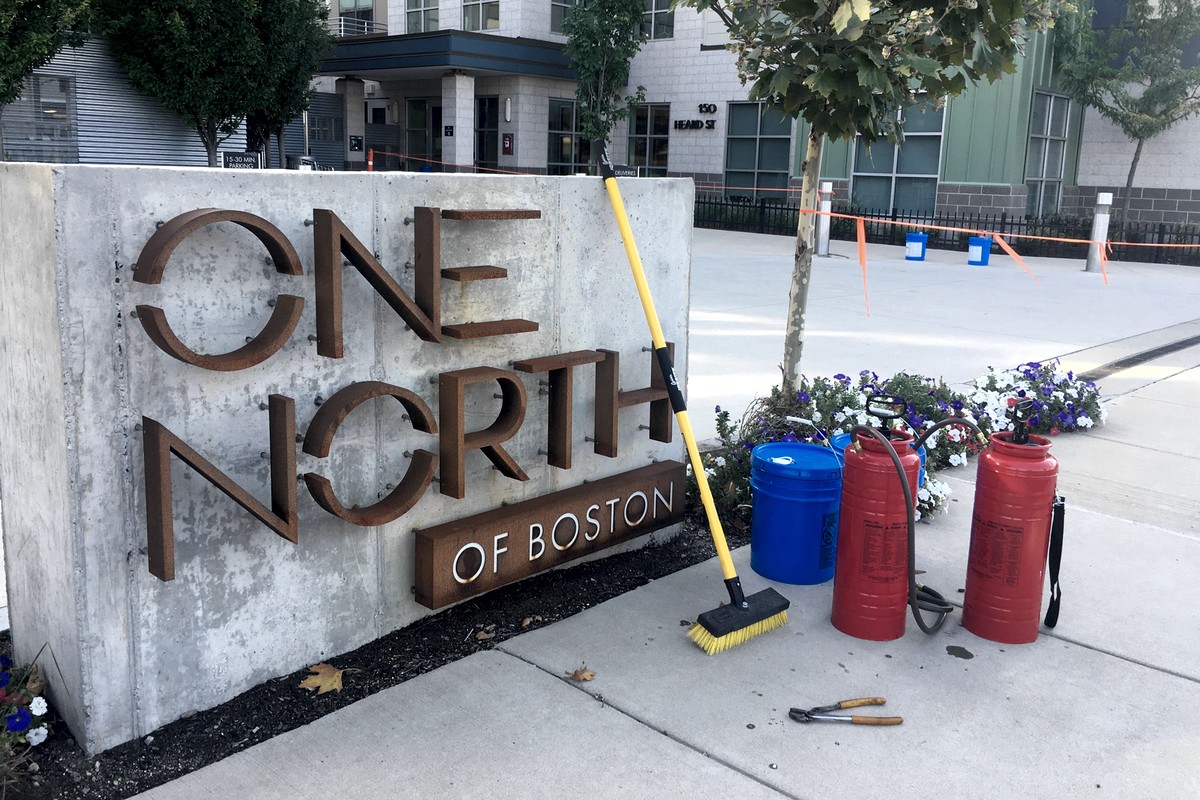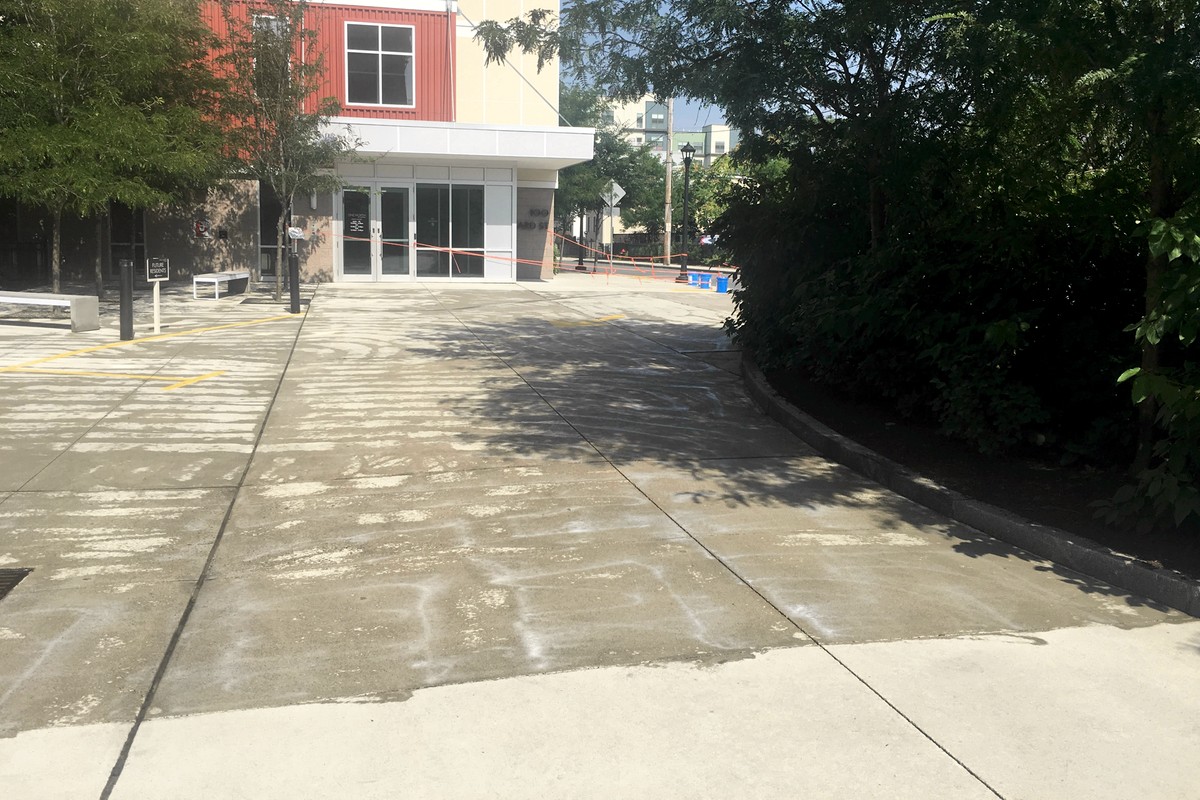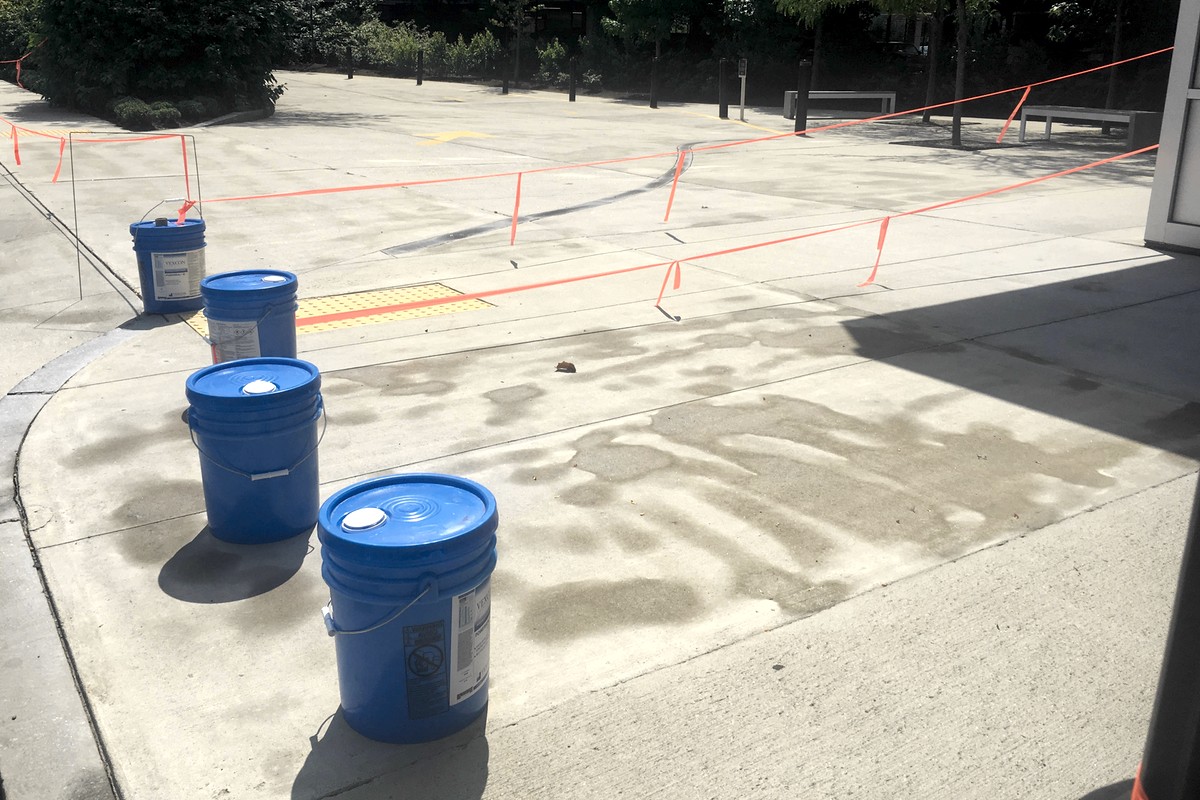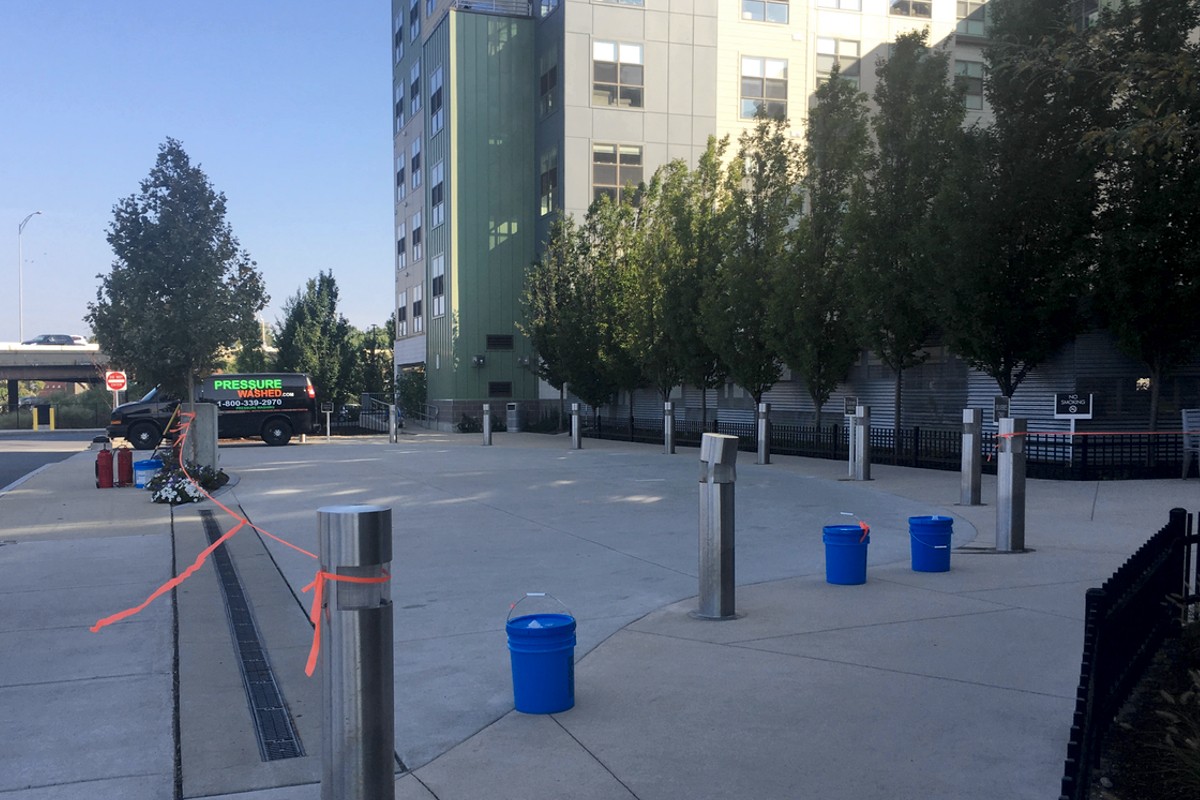Concrete/Brick Sealing
- What surfaces should I seal?
Exterior concrete in any region subject to freeze-thaw cycles should be sealed. In other regions, concrete should be sealed for specific purposes such as stain repellence, dust reduction, abrasion resistance, chemical resistance or to maintain an attractive appearance.
- What happens if I don’t seal my concrete?
Concrete is a porous material that readily absorbs liquids. In freeze-thaw climates, the expansion of frozen liquids can destroy the surface of unsealed concrete. Oil, salt, fertilizer, and other household chemicals can discolor and damage unsealed concrete.
- How much does sealer cost?
Acrylic-resin sealers and chemically reactive penetrating sealers (silanes, silicates, siloxanes and siliconates) generally cost $0.15 to $0.25 per square foot. High-performance topical coatings, such as epoxies and urethanes, will cost more -- typically $0.50 to $2.50 per square foot. In most cases, the investment in a sealer is well worth the expense, when you consider that the cost to replace concrete is generally $7 to $8 per square foot.
- How will my sealed surface look?
That all depends on the type of sealer you apply. Most chemically reactive sealers are nearly invisible because they penetrate into the concrete. Solvent-based acrylic resin sealers and epoxies provide significant color enhancement and give concrete a high-gloss wet look. Water-based acrylic resin sealers provide moderate color enhancement and a satin appearance. Urethanes (generally applied as topcoat over epoxy) are available in a wide range of finishes, from matte to gloss. Many sealers can also be colored with translucent or opaque tints.
- Always allow for proper curing (dry times) which can depended on temps!
The warm the temp the faster the dry! Dry times before driving tend to be (2 hours ) Walking is about (45 minutes) Exposure to sun and humidity can play factors. So timelines vary per location and time of year on project.
- When do I apply sealer?
Most acrylic-resin sealers and certain reactive penetrating sealers (siliconates and silicates) should be applied as soon as new concrete can withstand the weight of the installer. Other reactive penetrating sealers (silanes and siloxanes) and most high-performance coatings, such as epoxies and urethanes, should only be applied after the concrete is fully cured (generally 28 days). Almost all sealers can be applied after the concrete is 28 days old.
- What will my sealer repel?
Again, that depends on the product you use. To repel water and deicing salts, use an acrylic-resin sealer or reactive penetrating sealers. If you also want to repel oil stains, use a siliconate (a type of reactive penetrating chemical sealer). Be aware that acrylic-resin sealers may be weakened by petroleum distillates, and reactive penetrating sealers are generally weakened by acidic chemicals that chemically etch concrete. For resistance to these substances, use a high-performance epoxy or urethane system.
- Will sealer make my concrete slippery?
Reactive penetrating sealers generally have little effect upon the concrete surface profile or traction. Most topical coatings can affect concrete surface profile, and may require the use of anti-skid additives in areas exposed to foot or vehicle traffic (see Making Concrete Slip Resistant).
- How long will my sealer last?
Because they penetrate the concrete, reactive chemical sealers will last the longest and generally only wear away if the substrate surface itself wears away, which may be 10 years or longer. You can get similar performance by using an epoxy or urethane system, which generally lasts 5 to 10 years depending on traffic exposure. Acrylic-resin sealers offer the shortest performance life - generally 1 to 3 years.
- Is sealer environmentally friendly?
Concrete is locally made and can last for many decades with proper care. As sealers extend the useful life of concrete, they are an important component of “green” building and their use can qualify for additional LEED points. As for the sealer itself, water-based products are generally considered the most environmentally friendly. Some solvent-based sealers can’t be sold in certain states, but new environmentally friendly solvents are now available. Contact your concrete sealer supplier to learn more about the regulations in your state.
CONTACT PRESSUREWASHED.COM FOR YOUR FREE ESTIMATE! 1-800-339-2970




